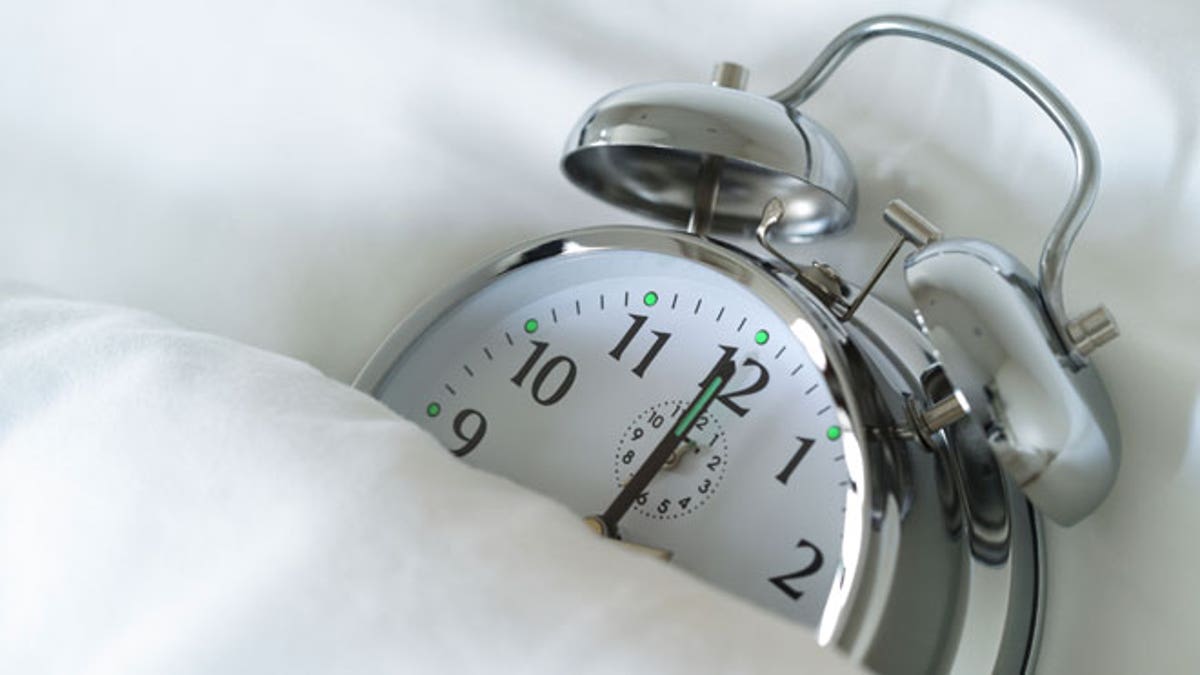
A new review of online advertisements from pediatric “sleep coaches” finds that more than half do not have any previous health care or educational experience, and most have no more than a bachelor’s degree.
Whether the prospective coaches are good resources for families remains to be seen, the authors write in The Journal of Pediatrics.
An emerging specialty in the U.S., sleep coaches don’t need to be licensed in the states where they practice, and usually are not, the study team writes.
“Self-proclaimed sleep coaches, or people who treat childhood sleep problems who are not board-certified in sleep medicine or behavioral sleep medicine, have been around for quite some time,” said lead author Dr. David G. Ingram, citing one woman who claims to have been helping families with sleep issues for 17 years.
Ingram is a board-certified pediatrician currently in fellowship training to be a board-certified pediatric sleep physician at Children’s Hospital Colorado in Aurora.
“My anecdotal impression is that over the last 3-5 years the number of people doing this has increased quite a bit,” Ingram told Reuters Health by email. “Frankly, this makes sense to me given how common sleep problems in children are, the enormous distress they can cause for the entire family, and how few board-certified pediatric sleep physicians and behavioral sleep specialists are out there to help.”
Searching the internet, Ingram and his coauthors identified more than 100 sleep coaches advertising their services across the U.S.
Most described their approach as “coaching” caregivers to respond to a child to help the child learn to put itself to sleep.
Behavioral treatment of bedtime problems is actually well supported by studies, the authors note, but the sleep coach websites did not give much detail about their specific approach.
“While there are many previous studies demonstrating that behavioral interventions are effective for behavioral insomnia in children, I am not aware of any studies that have evaluated how effective sleep coaches are,” Ingram said. “This is an important question that needs answering.”
In-person consultations lasting one to three hours cost an average of $368, while group sessions could cost under $100 and overnight packages over $1,000, the review found.
All the sleep coaches Ingram’s team identified cited a certification or training program of some kind, most commonly the Gentle Sleep Coach, a $6,000 four-month online course with a final exam and a requirement to work three pro-bono cases.
More than 40 percent of sleep coaches did not report a college degree, 25 percent had a bachelor’s degree, 26 percent had a master’s degree or doctorate and the remaining coaches had other advanced degrees.
Around six percent of the sleep coaches reported experience working as nurses, another six percent as psychologists, smaller percentages had worked in other areas of health care or education, and 54 percent did not report experience in health care or education of any kind.
Up to 30 percent of children have some form of sleep disturbances in early childhood, said Dr. Shalini Paruthi, chair of the American Academy of Sleep Medicine education committee.
“No medications are approved by the U.S. Food and Drug Administration for the treatment of pediatric insomnia,” Paruthi told Reuters Health by email. “It would be great if there was an effective, non-harmful, non-addictive, rigorously tested sleep medication for children, however currently no ideal hypnotic medication exists for children.”
Most pediatricians are likely unaware of sleep coaches, but parents are seeking their advice, Ingram said.
“In my opinion, the primary risk of contacting a provider who is not board certified in a medical or psychological specialty (such as by the American Board of Sleep Medicine), is that they might miss an underlying medical, developmental, or psychological problem that affects sleep,” said Melissa Moore of the Sleep Center at The Children's Hospital of Philadelphia. She was not involved in the new study.
Sleep coaches may not have the experience to screen for conditions that affect sleep, like obstructive sleep apnea, reflux, seizures, depression and autism, she told Reuters Health by email.
Parents of children with sleep issues should start with a thorough evaluation by a general pediatrician, Ingram said.
“They may be able to solve the problem, or they may refer the child to a pediatric sleep physician or behavioral sleep specialist,” he said. “There are also a lot of great books out there by well-reputed sleep specialists that offer practical advice that usually works, including Jodi Mindell’s ‘Sleeping Through the Night.’”
The online search may not have included all the sleep coaches practicing in the U.S., the authors write, but describing this emerging group will help in the development of guidelines for training, certification and insurance coverage.
